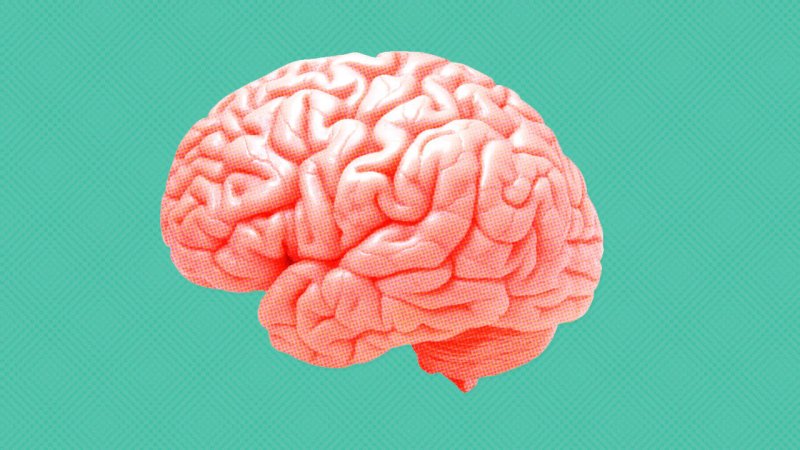The heart is not a mystery. We know a great deal (not everything) about how it pumps blood around the body.
…
None of this applies to the brain, which is a thousand or more times as complicated as the heart. Depression is a disorder of mood and emotion. Though we have some ideas about which parts of the brain are particularly concerned with these functions (e.g., the amygdala), no one knows how the brain produces, say, happiness, and how this differs from, say, sadness—that is, how different patterns in the amygdala code for different emotions. So no one can say what happens when this system malfunctions and results in the abnormally persistent mood we call depression.
…
Neuroscience, as I tell my students, is as much about what we don’t know (but need to) as about what we do know. We understand the brain as a collection of cells, but not as an organ. We can be reasonably sure that one day, after much effort, much failure, many blind alleys, we will get enough insight into how the brain works so that psychiatrists, as well as cardiologists, really know what they are doing.
Read full, original post: Why Psychiatry Is Still in the Nineteenth Century































